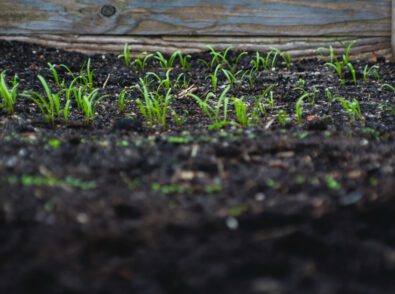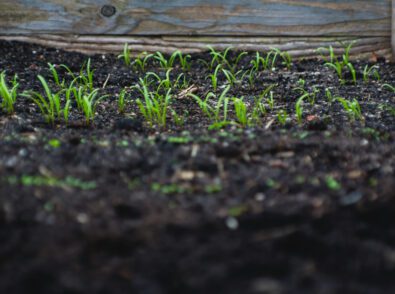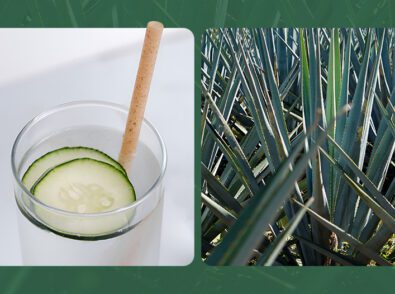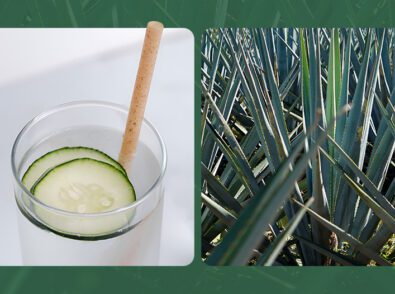Composting Certifications Explained
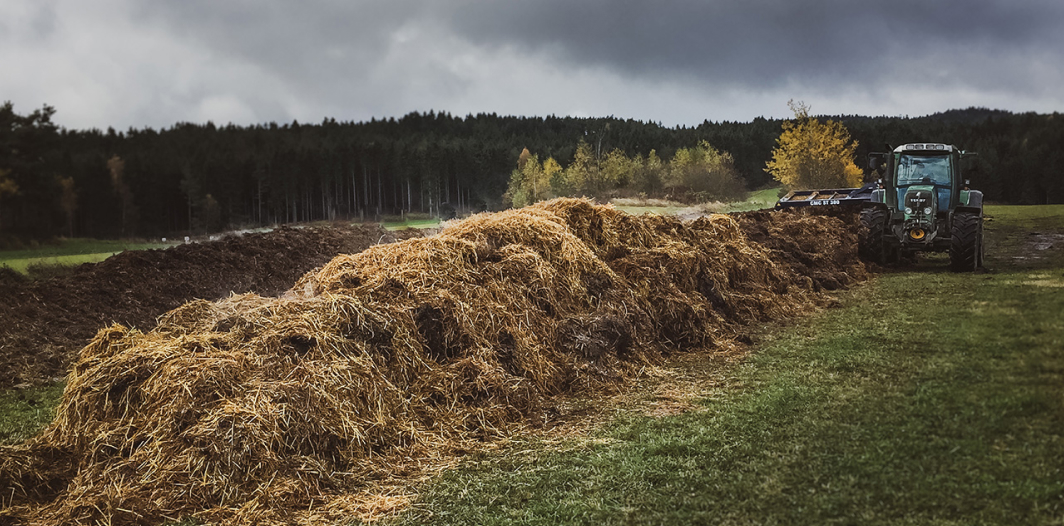
The sustainable products industry has an array of certifications, including BPI, TUV, and ASTM. We’ll review the most common composting certifications, so you know what to look for on the market.
Difference Between Biodegrade and Compost
Some certifications apply to composting, and others are for biodegrading. Both are natural processes for chemically breaking down materials to recycle organic waste, but they have key differences:
Biodegrade
Biodegrading is a more encompassing term referring to the breakdown of organic matter. Bacteria, fungi, and other naturally occurring microorganisms break biodegradable materials down into their elements. Every material is biodegradable, whether the process occurs over a few months or centuries.
Compost
Composting is a more limiting term referring to a specific type of biodegradation. Compostable materials break down into their basic parts at a rate similar to organic materials. This decomposed matter provides nutrients and fertilizer to the Earth, benefiting the ecosystem. Compostable products have been tested and certified to ensure they break down in a specific time frame without releasing harmful substances into the environment.
There are two types of compost:
- Industrial: Industrial—or commercial—composting transforms materials into compost in an environment with formulated microbial communities and increased temperatures. Industrial composting can take as few as 180 days.
- Home: Home compostable products break down in home composting centers with a natural microbial community and ambient temperatures. Home composting disintegrates materials in six months and biodegrades to form compost in one year.
Why Are Composting Certifications Important?
Composting certifications show that a product has been tested by an independent third party to prove it is compostable. For manufacturers and companies, these certifications can be added to the product packaging to show it is compostable or biodegradable. Consumers seeking compostable products can trust this seal. When composted, these products will have a circular life cycle.
What Does BPI Certified Mean?
BPI certified means that the product has been verified as compostable. The Biodegradable Products Institute (BPI) is North America’s trusted company for testing, certifying, and promoting eco-friendly products. Products with the BPI certification signify that they have been reviewed by a third party to meet industrial composting standards. BPI is most recognized in the United States and doesn’t certify home or marine composting.
What Does TUV Certified Mean?
TUV is Austria’s globally recognized certification body for testing compostability to the highest standards. The name of this standard comes from Technischer Überwachungsverein in German, or Technical Inspection Association in English, the independent companies that conduct third-party testing. TUV certification applies to commercial and home composting and marine biodegradability.
Look for the “OK compost HOME” seal for products certified for home compostability. Products for industrial compostability have an “OK compost INDUSTRIAL” seal.
What Does ASTM Certified Mean?
The American Society for Testing and Materials (ASTM) sets standards in the United States for:
Commercial Composting
Products with labels certifying industrial or commercial compostability have been tested against ASTM D6400 criteria. ASTM D6400 states that products that meet this standard must disintegrate, biodegrade, or compost in 180 days, and the final product is nontoxic to the ecosystem. After the product passes ASTM D6400 testing, the results are sent to a third-party organization for certification — BPI in the U.S. and TUV Austria in Europe.
Landfill Degradation
Products with a landfill biodegradable certification have been tested against ASTM D5526. This standard tests plastic materials to prove they can biodegrade in landfills. The anaerobic biodegradation process reduces the volume of waste in landfills and makes landfill gas recovery easier. ASTM D5526 is the only test of this type in the world.
Marine Degradation
Products certified as marine degradable have met the criteria for ASTM D6691. This standard ensures that materials physically break down within three months and biodegrade in six months, making them suitable for a marine environment. ASTM D6691 is exclusively used for products intended for marine environments.
In the United States, there is currently no institution that certifies marine degradation. In Europe, TUV Austria uses the results of ASTM D6691 testing to grant the Ok Marine certification.
Key Takeaways
Many of these composting certifications are similar or have overlaps in qualifications. Here are some quick facts to remember their differences:
- The BPI certification in the United States is equivalent to the OK compost INDUSTRIAL certification in Europe.
- ASTM and BPI do not have tests or certifications for home compostable products—these organizations work only with industrial compostability.
- Land environments can use compostable or biodegradable materials. Since marine environments cannot support composting, these applications need biodegradable materials.
- Though all compostable products are biodegradable, not every biodegradable product is compostable.
Contact Greenprint About Compostable Products
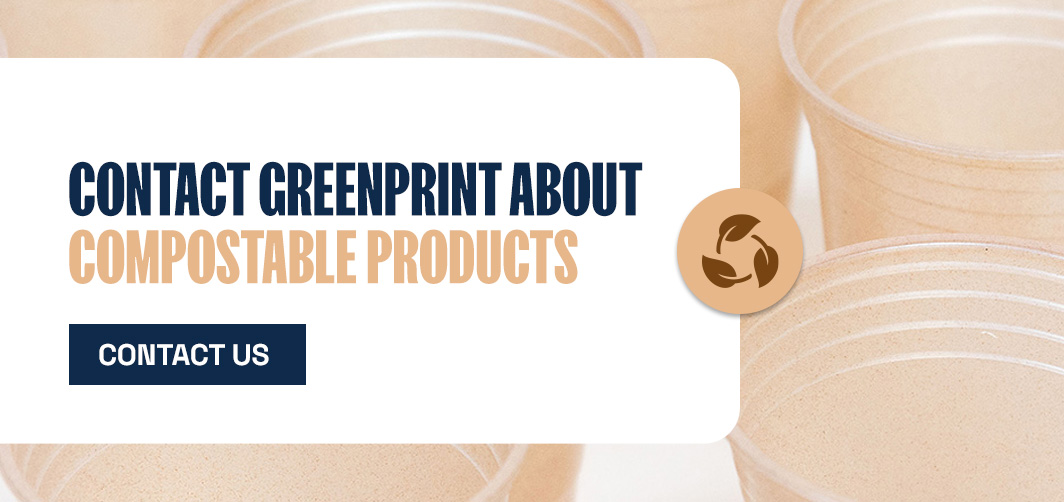
Check out our home compostable and industrial compostable products, and get in touch with the Greenprint team to learn more.


